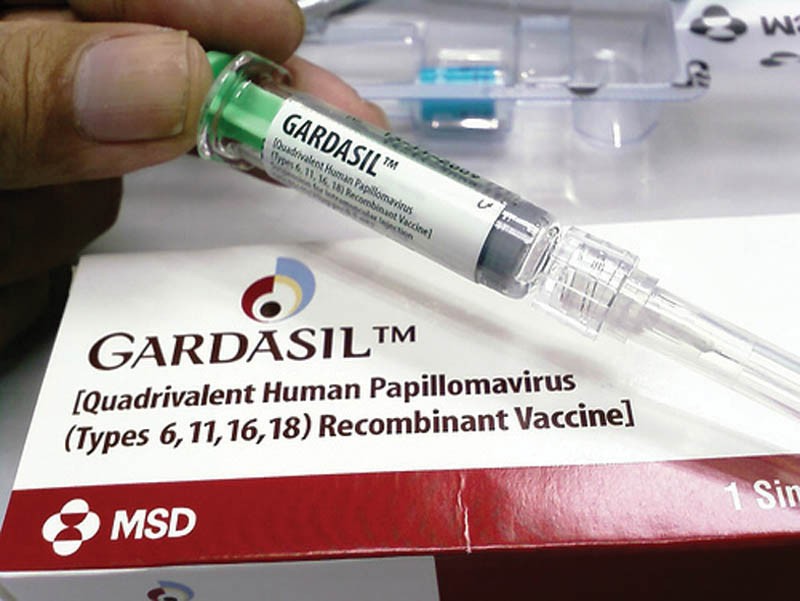MoH rolls out HPV vaccination
Nnasaretha Kgamanyane | Tuesday February 24, 2015 11:16


The vaccination campaign, one of very few in Africa, will be carried out until February 27.
The HPV vaccine is known to prevent most cases of cervical cancer in females, if it is given before exposure to the virus. In addition, it can prevent vaginal and vulvar cancer in females, and genital warts and anal cancer in both males and females. Addressing the media recently, Deputy Permanent Secretary – Preventative Health Services, Shenaaz El-Halabi said the campaign is aimed at girls between Standard five and seven as well as out-of-schoolgirls aged between nine and 13 years.
“The vaccine arrived in the country two weeks ago and has been distributed throughout the districts. Every District Health Management Team (DHMT) now has the vaccine ready for the roll out and has undergone training for implementation,” she said.
El-Halabi added that registration of eligible schools and out-of-schoolgirls had been done to ensure greater coverage in the campaign.
DHMT’s have been given pamphlets to share with community members, parents, parent teacher associations and students providing more information on HPV.
El-Halabi said two doses of the vaccine would be given during the roll out where the first dose will be given followed by a second dose six months later.
The permanent secretary explained that the vaccination campaign was critical, as government had realised rising numbers of cervical cancer.
“Cervical cancer is a public health priority in Botswana,” she said. “It is the leading cause of cancer related deaths among women in the country and is most common in women aged 30 to 49, an age when their health and support is critical to the wellbeing of their family.”
She said World Health Organisation (WHO) estimates that if current trends persist, cervical cancer will increase by 20 percent in women below 65 years and by 80 percent in women aged 65-years-old and above, by 2025.
She explained that the main cause of cervical cancer is HPV and the method of transmission of the virus is most commonly sexual.
“Though in most cases HPV infection will resolve itself on its own, approximately 10 percent of infections develop into persistent infections, which in turn can lead to pre-cancer or cancer,” she said. “HIV modifies the natural history of HPV infection and HIV positive women are more likely to have persistent, multiple, earlier and more aggressive HPV infection. “Given the high prevalence of HIV/AIDS in Botswana, cervical cancer thus becomes an even greater concern.”
El-Halabi added: “Protection via the HPV vaccine is expected to be long lasting. But vaccination is not a substitute for cervical cancer screening. Women should still get regular Pap tests.”
